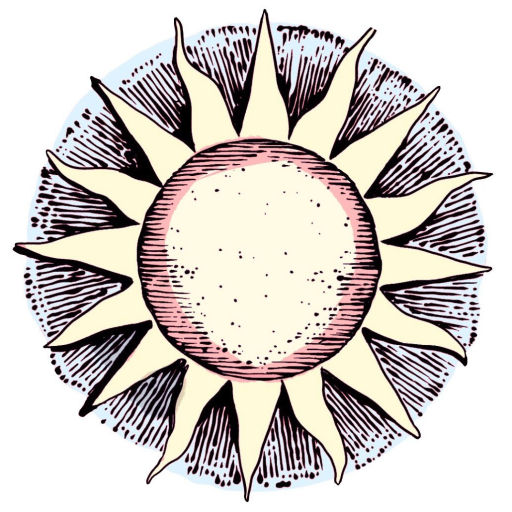‘There is nothing forbidden about the fruit that rots on the branches of ‘Delaney’s Orchard.’ On the contrary, the ‘Orchard’ happily offers its fruit to any who might take it. But ‘Delaney’s Orchard’ is also a cemetery and the roots of its trees are known, on occasion, to churn out the bones that rest beneath them. So there is nothing strictly forbidden about the rotting fruit, but there is a certain taboo.
There is also the rumor that, on occasion, the citrus fruits impart sour premonitions, and that those who taste them become so fearful of their impending misfortune that they seek out crises for the relief of having them over and done.
It’s said that, on occasion, the peaches will contain the middle knuckle of an old skeleton in lieu of a pit, that biting through to the bone of the fruit is no different (tactilely speaking) than biting through to the bone of a human being. This knowledge is a poison that makes a peach of soft-skinned friends.
It’s said, on occasion, that the apples are as grainy as an old television screen.
A local science teacher collected worms from ‘Delaney’s Orchard:’ worms for dissection. Each had developed a skeleton of its own- a thin squirming spine and ribs like the legs of a centipede. This quirk of nature was celebrated briefly and then buried in the appendix of an encyclopedia (a process not unfamiliar to the residents of ‘Delaney’s’). On occasion, the skeletons of worms make their way to the surface and embed themselves in the soles of visitors (rising through rain-softened earth, they say, though the author would argue that it’s more a matter of turnabout).
The trees in ‘Delaney’s Orchard’ waveeerily in the wind and, on occasion, they seem to wave of their own accord, shaken bythe poltergeists of migratory birds that choked on the bones of the worms in a naïveenthusiasm for foreign cuisine. In their confusion, the bird-wraiths sometimes landupon the tree upside-down and shake the roots instead (churning out the bones,as previously noted).
Temporary entry into ‘Delaney’s Orchard’ is free and interment is cheap. The fees pay for the toil of a skeleton staff (so to speak), who work to bury and re-bury the dead. They work day and night and their work is never done.’
-excerpt, ‘Autumn by the Wayside’
